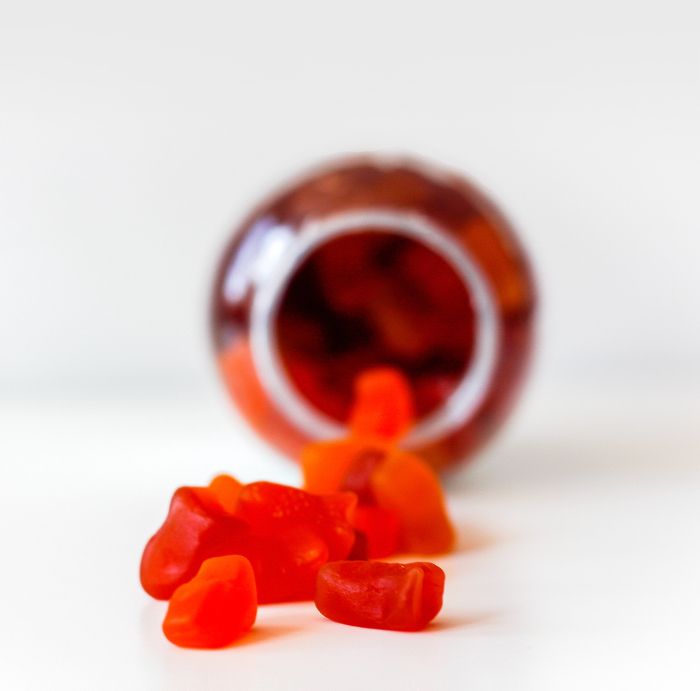OmniActive Highlights New Bar, Gummy, Stick Pack, Beverage Ingredient Prototypes at Hi China
At the show, OmniActive highlighted innovative delivery formats for ingredients, including Lutemax 2020, OmniLean, CurcuWin, Gingever, and UltraSol.
Photo © Shutterstock.com/Sia-James Gummies pictured are not from OmniActive.

OmniActive Health Technologies (Morristown, NJ) introduced a range of product prototypes featuring several of its ingredients at June’s Health Ingredients China (Hi China) trade show in Shanghai. At the show, OmniActive highlighted innovative delivery formats for its Lutemax 2020 lutein and zeaxanthin eye-health ingredient; OmniLean Salacia extract for weight management; CurcuWin curcumin ingredient; Gingever ginger digestive-health ingredient; and UltraSol curcumin ingredient.
According to the company, the prototype offerings reflected “the versatility of its ingredients and how they meet global regulatory requirements.” In a press release from OmniActive, Brian Appell, marketing manager, OmniActive, stated that the prototypes “give customers solutions and opportunities in the functional food and beverage markets.” He added that the company joined with formulation specialists to help develop the prototypes.
Some of the prototypes OmniActive showcased at Hi China included:
- Blueberry bars featuring OmniLean
- Berry-flavored gummies featuring Lutemax 2020
- Lemon citrus-flavored gummies featuring UltraSol
- Lemon ginger-flavored Gingever stick packs
- Orange-flavored CurcuWin stick packs
- Orange-flavored UltraSol stick packs
- Lime/ginger green teas featuring both UltraSol and Gingever
- Lemon/ ginger curcumin shots featuring both UltraSol and Gingever
- Berry/curcumin shots featuring UltraSol
- Mango black curcumin teas featuring UltraSol
Today’s consumers are seeking alternative delivery formats for their dietary supplement regimens, said the company in the press statement. Added Appell: “Accounting for a third of the dietary supplement market, non-pill format markets such as beverages, bars, and gummies are worth $17 billion. Today, consumers want the same doses and benefits as their traditional supplement counterparts but are becoming increasingly interested in functional products for delivery.”
Also at Hi China, the company introduced its new Xtracs, Olixrs, and Ogments specialty botanicals and extracts food ingredient categories for the Chinese and Oceania markets.
Also read:
China’s Emerging Dietary Supplement Market: Opportunities and Challenges in 2018
HHS announces restructuring plans to consolidate divisions and downsize workforce
Published: March 27th 2025 | Updated: March 27th 2025According to the announcement, the restructuring will save taxpayers $1.8 billion per year by reducing the workforce by 10,000 full-time employees and consolidating the department’s 28 divisions into 15 new divisions.










